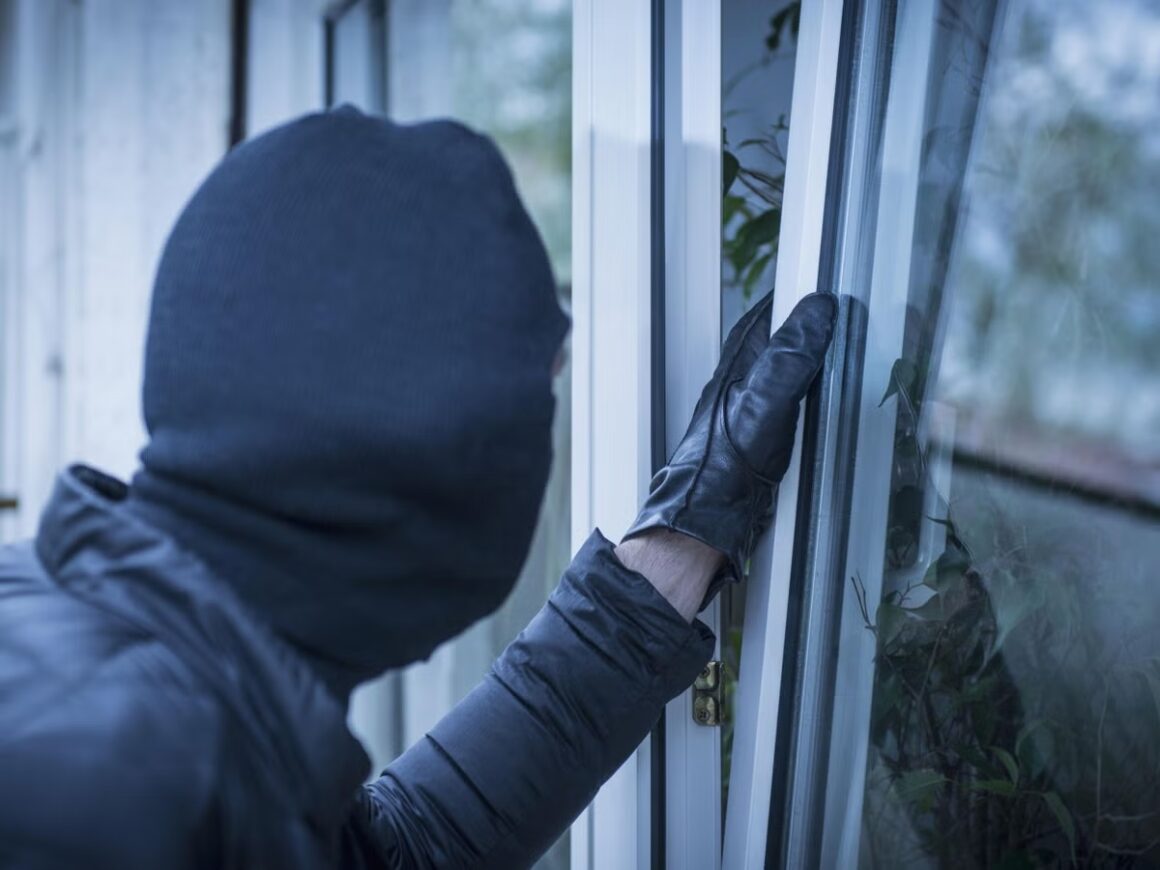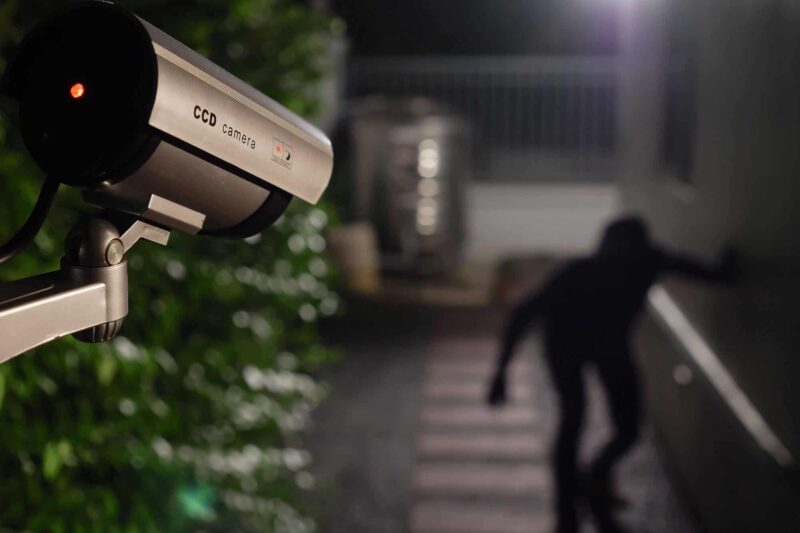Burglary is one of those crimes that gets a lot of media attention. Between news reports discussing burglaries from the day before to home security companies using burglary as a way to sell security systems, there is no shortage of information on burglary all over the internet. But is at all true?
For example, I have read on more than one occasion that burglars often victimize people they know. One particular post said that FBI crime data suggests that just over 65% of burglars report knowing their victims after being arrested. But I dug through several years of FBI reports and couldn’t find supporting evidence of my own. So what’s the deal?
Some Victims Do Know Perpetrators

Perhaps the idea of burglary victims knowing who burgled them is just a natural conclusion drawn from the fact that, with certain types of crimes, victims and perpetrators really do know one another. For example, murder victims know their murderers more often than not. But just because the rule holds true for one crime doesn’t make its consistent across every kind of crime.
It could be true that burglars have a thing for victimizing people they know. But maybe it’s not true. Either way, the best methods of preventing burglary do not change. Burglary is prevented by making it as hard as possible for burglars to do what they do quickly and without being seen.
Repeat Burglaries Are Real
Another idea that is often discussed alongside burglars knowing their victims is that of repeat burglaries of either the same house or other houses in the same neighborhood. This one is actually real.
Numerous studies out of the UK have shown that a successful burglary often leads to additional burglaries in the same neighborhood. This is to say that your home is more likely to be hit if another home in the neighborhood was successfully burglarized earlier.
In terms of returning to the same house a second or third time, it is also not as uncommon as you might think. Burglars might make repeated attempts on the same home after seeing valuables they could not take with them the first time.
What They Want Is What Matters

There are lots of things that motivate burglars to stay away from certain homes. Deadbolt locks and reinforced door frames immediately come to mind. So do automated lighting, motion sensors, and surveillance cameras. And of course, companies like Vivint insist that monitored home security systems are excellent deterrents to burglary.
All of that said, it’s what burglars want that really matters. They are after certain types of valuables they can turn into cash quickly. They also want things they can carry away from the house with very little effort.
Cash is always a coveted prize in the burglary game. Burglars also look for expensive jewelry, small electronics, and even weapons. If it is valuable, relatively small, and easily disposed of on the street, a burglar will take it.
What does this have to do with keeping burglars away from your house? Everything. One of the worst things homeowners can do is telegraph what sits inside their houses. Making it obvious that they own what burglars are after only invites a strike.
They Know Where to Find It
Burglars who believe that certain homes contain the valuables they want are more likely to take the risks associated with breaking in. And when they do break in, they know right where to go to find what they want: the master bedroom.
Which members of a household are more likely to own jewelry, small electronics, and weapons? The adults. And which bedroom do the adults normally occupy? The master bedroom. It is the first room burglars head to upon breaking in.
Kitchens and family rooms are also prime targets, especially for small electronics. It is not uncommon for burglars to start in the master bedroom before hitting the family room and kitchen on the way out the door. A good burglar can be in and out in 8-10 minutes.
Figuring out What You Have

Whether a burglary is a crime of passion or something planned well in advance, smart burglars try to figure out what you have before they move. In that respect, it is not hard to wrap your brain around the idea of being burglarized by someone you know.
Maybe you have a neighbor you have invited over on numerous occasions. He already knows what types of items are in your house. He knows if there is anything worth stealing. But complete strangers have their own methods for finding out what you have.
Have you ever heard of the ‘knock-knock’ burglary? It is a type of burglary that starts with a knock on the front door. The burglar knocks to see if anyone is home. If someone answers the door, the burglar will present some sort of ruse designed to get him into the house. Then he can quickly look around before determining whether attempting a future burglary is worthwhile.
Burglars Look for Subtle Clues
Smart burglars look for subtle clues outside the house as well. If they happen to be walking through a neighborhood on garbage collection day, they will pay attention to what has been thrown to the curb. This is a favorite tactic around the Christmas holidays.
Burglars pay attention to cars in the driveway. They assess the amount of effort homeowners put into maintaining their properties. They look for window shades left open and the presence of tools, toys, etc. left in the yard. Burglars have even been known to quickly peek through open garage doors to see what is inside.
I could not find any hard and fast evidence proving that some 65% of burglars know their victims. But whether it is true does not change the fact that burglars know what they are doing. They know how to break in, what to steal, and how to figure out whether a home is worth hitting. That is enough. Isn’t it?


